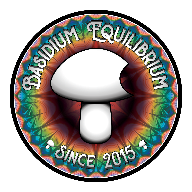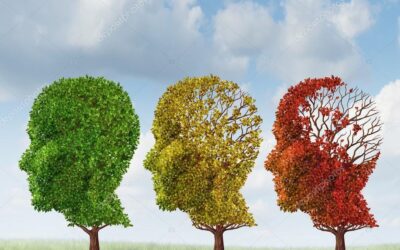Title: What is Psilocybin? Exploring the Mind-Opening Mushroom Compound
Hey there, fellow curious minds! Have you ever heard of psilocybin? If you’re like me, a young professional with a thirst for knowledge, you might be intrigued by the mysterious tales surrounding this intriguing compound found in certain mushrooms. Let’s dive in and unravel the world of psilocybin, from its origins to its potential effects.
Getting to Know Psilocybin
Psilocybin is a natural compound found in a specific group of mushrooms commonly referred to as “magic mushrooms” or “shrooms.” These mushrooms have been used for centuries in various cultures for their supposed mind-expanding and spiritual properties. Psilocybin is the compound responsible for these effects.
How Does Psilocybin Work?
Psilocybin is a psychedelic compound, meaning it can alter your perception, thoughts, and feelings. When ingested, your body converts psilocybin into another compound called psilocin, which is responsible for its psychoactive effects. Psilocin primarily interacts with serotonin receptors in your brain, leading to shifts in mood, sensory perceptions, and even consciousness.
The Journey of Psilocybin
Imagine embarking on a journey through your mind’s hidden corridors, where colors become more vibrant, thoughts take unexpected turns, and emotions flow freely. This is the kind of experience psilocybin might offer. Users often report a heightened sense of connection to the world around them and even to their own thoughts and emotions.
Effects of Psilocybin
The effects of psilocybin can vary widely from person to person and even from one trip to another. Some users describe feelings of euphoria, while others may experience deep introspection. It’s like peering through a window into the depths of your mind, uncovering thoughts and emotions you might not have confronted before.
Potential Benefits and Risks
Research into psilocybin’s potential benefits is ongoing. Some studies suggest that controlled and guided use of psilocybin could have therapeutic applications, such as helping people manage depression, anxiety, and even addiction. However, it’s crucial to note that using psilocybin comes with risks, including the potential for a “bad trip,” where users experience intense fear or anxiety. But no physical dangers.
Legal Status
The legal status of psilocybin varies around the world. In some places, it’s considered a controlled substance, while in others, it’s decriminalized or even legally used in therapeutic settings. It’s essential to be aware of the laws in your area before considering its use.
Exploration
As young professionals, we’re all about expanding our horizons and seeking new experiences. However, when it comes to psilocybin, responsible use and caution are key. If you’re curious about exploring the world of psilocybin, consider doing so in a safe and controlled environment, preferably under the guidance of experienced individuals.
Psilocybin is like a door to a realm of altered perception and introspection. It’s a compound that holds both potential benefits and risks, making it a topic worthy of exploration and discussion. As we navigate our busy lives as young professionals, remember that curiosity should always be accompanied by responsibility. So, if you’re ever tempted to embark on a psilocybin journey, do your research, know the laws, and above all, prioritize your safety and well-being. Happy exploring, my fellow curious minds!


